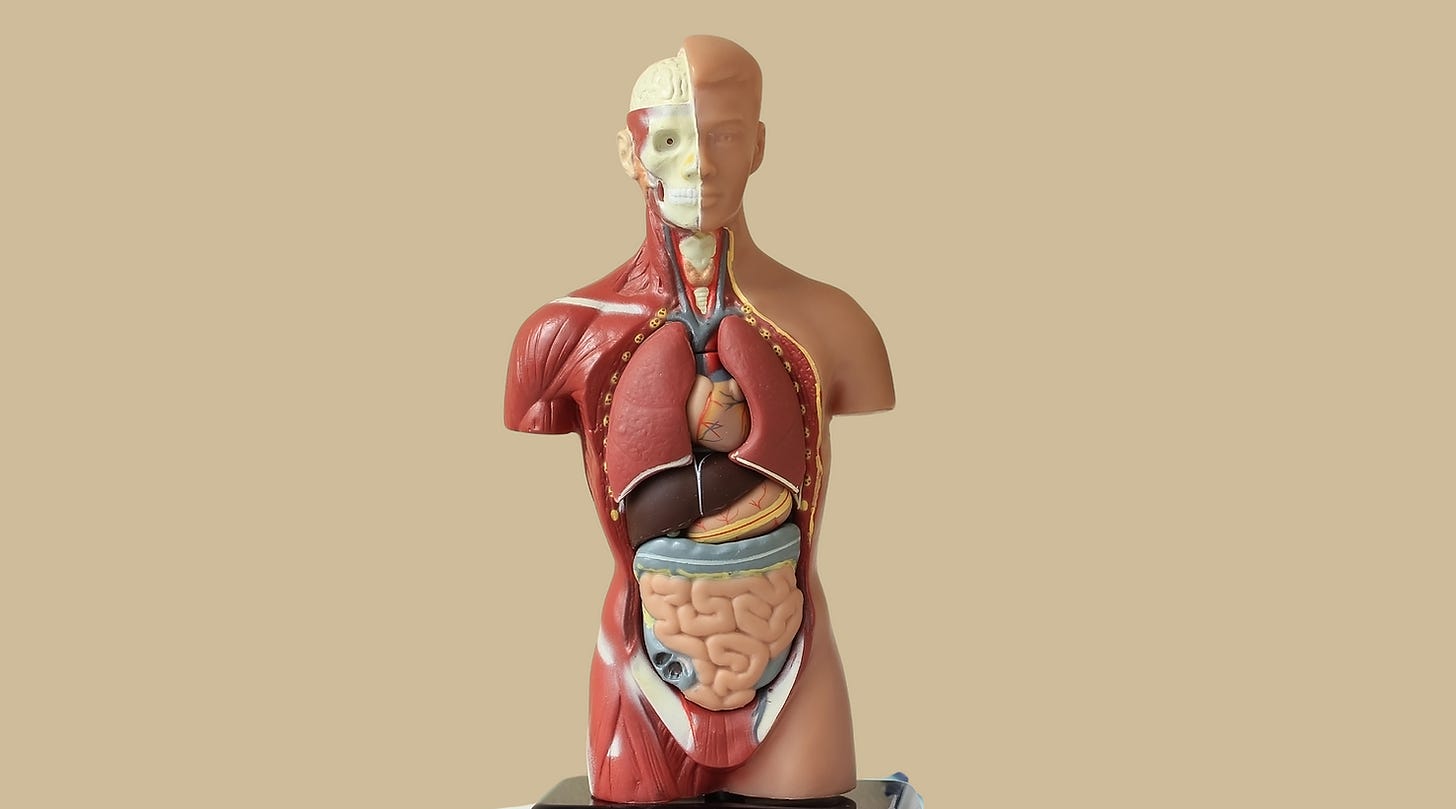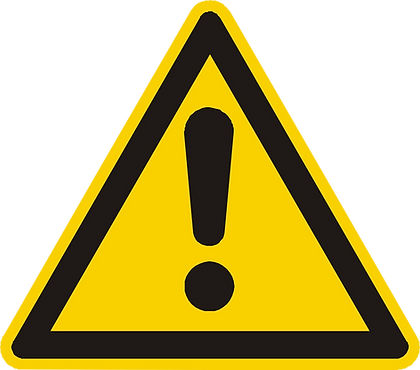What are supplements and do I really need them?
Are supplements really required, safe or relevant?
Every week, a new ‘magic supplement’ is hyped in the media as being the latest answer to your health problems, whilst in the next breath we are warned that supplements do little more than produce ‘expensive wee’. This is at best confusing, but at worst potentially dangerous! Here I will share with you some insights into the what, who, why, when (and when not), of supplementation.
WHAT is a supplement?
The dictionary definition of a supplement is ‘something that is added to something else in order to complete or enhance it’. From a health perspective, supplements can be described as a concentrated source of nutrients, for example vitamins or minerals, or other substances, that could be added to your diet to help you optimise your health or bridge any nutritional gaps. They can be made up of individual or multiple nutrients, but should never be used to replace a healthy, balanced diet.
In a perfect world, a well balanced, ‘whole foods’ diet, should provide all the essential nutrients you need to live a healthy and happy life. At The Health Puzzle (THP) our goal is to teach you how to get all of the nutrients you need without relying on supplements - what we call a Food First Approach.
WHO might find supplements helpful?
If you have a restricted diet (e.g. vegan), have an underlying health condition (e.g. Crohn’s disease), have been taking prescribed or over the counter medications for a long time (e.g. the oral contraceptive or statins), or are making extra demands upon your body either physically (e.g. breastfeeding or athlete) or emotionally (e.g. going through a stressful period in your life), you may have a nutritional gap that that could be supported with carefully chosen supplements.
Did you know that all body processes, from breathing to reproducing rely on a carefully balanced combination of nutrients working together? Your body is very clever and will prioritise what it considers to be the most important organs, such as the heart and the brain. If, for any of the reasons above, you lack certain nutrients, or they are out of balance, your body might ‘rob Peter to pay Paul’ - by that I mean it will steal nutrients from the 'less important' systems, which might cause unwanted symptoms in different parts of your body (eg joints, hair, skin, immune system) to make sure your heart and brain are 'fed first'. These symptoms are signs that your body may need a little extra support or re-balancing.
Equally, you may be looking at Prevention. Do you feel fit and well but want to ensure all of your health boxes are ticked? Have you recently started a healthy eating plan but want to supercharge your progress? Some carefully chosen supplements can give you the reassurance that you are getting all the essentials you need for a happy, healthy, well functioning body.
Alternatively, you may be someone who requires ‘Seasonal Support’. If you know you are prone to hay fever in spring/summer or coughs and colds in winter, supplementing with specific nutrients can help prevent seasonal flare ups.
WHEN supplements are essential versus helpful
If you visit your GP because you are feeling poorly or just aren't feeling quite right, they may recommend blood tests to see if you have a marked deficiency in certain nutrients, but these tests may not pick up an insufficiency - so what’s the difference?
A nutrient deficiency happens when your intake (what you eat and drink) or uptake (how your body uses particular nutrients) is significantly below the required level. This can lead to specific clinical symptoms and health conditions, for example:
Iron deficiency anaemia (iron deficiency).
Osteoporosis due to Vitamin D deficiency.
Muscle cramps and spasm as a result of magnesium deficiency.
Fatigue resulting from a deficiency in B Vitamins.
Inflammation due to a deficiency in anti-inflammatory Omega-3.
Left unmanaged, long-term deficiencies can lead to severe health issues.
If you’ve been diagnosed with a nutrient deficiency, it is important to seek the support of a registered healthcare practitioner to advise on dietary modifications and to recommend a personalised supplement regime. Your healthcare practitioner should also do some ‘detective work’ to establish the root cause of the deficiency to help prevent it happening again.
Nutritional insufficiency on the other hand refers to a mild to moderate lack of a nutrient that may stop you feeling at your best with sub-clinical symptoms that may include; fatigue, painful joints, headaches, hair loss, acne, frequent infections, difficulty thinking, low mood or anxiety. Blood tests may say all your levels are 'within range' - they may however be 'suboptimal'.
In this instance, short term, targeted supplemental support might be helpful, alongside carefully tailored dietary changes. We recommend that you do this under the care of a registered healthcare practitioner, such as a Nutritionist or Herbalist, who can help you to select safe, therapeutic grade supplements.
The Health Puzzle Practitioner Directory is here to help you find the professional support you need. Don’t forget, we are all different - no one-size fits all when it comes to dietary needs and supplementation.
HOW can I improve my diet so that I do not need to rely on supplements?
Supplements should not be your first choice when it comes to preventing and reducing nutritional deficiencies and insufficiencies. Instead, it is important that you take a Food First Approach and the best way to do this is through having a whole food diet.

WHY nutrients may be depleted in the food we eat
You may think you are enjoying a healthy diet but there are factors that can impact the nutrient status of what you eat. Soil quality, food processing, preservation, transportation and storage times, and even how you prepare and cook your food, all play a role in the quality of what ends up on your plate. Learning more about what impacts the nutritional value of the food you buy and how you prepare it will help you make more informed choices.

If you would like to learn more about how to have a whole food diet and get the most from what you are eating and drinking each day to support your health and wellbeing, I highly recommend that you check out 'Nutrition: The Corner Pieces'. In this online course, you will learn the foundational steps that you need to take to start optimising your diet and reduce your need for supplements.
If you are considering supplementing your diet with supplemental nutrients, always ask yourself ‘are they really required, relevant and safe?’ and seek the support of a healthcare professional to ensure you are getting it right - find your Practitioner HERE.
HOW to stay safe when taking supplements
Just because individual or formula supplements are freely available to buy in supermarkets, wholefood shops, chemists and online, it does not mean taking them comes without risks:
Certain supplements must be taken with food, others away from food.
Some nutrients need other nutrients to help them work efficiently.
Some nutrients can stop others working, with the potential to create a deficiency or toxicity.
Some supplements can be taken alongside prescribed medications, others ARE DANGEROUS with certain medications.
How you store your supplements will have an impact on their efficacy and safety.
And choosing therapeutic grade supplements is essential (see our favourites over at THP Recommends).
In our upcoming blog post we will take a closer look at the essential information you should know before you buy or take any supplements.








